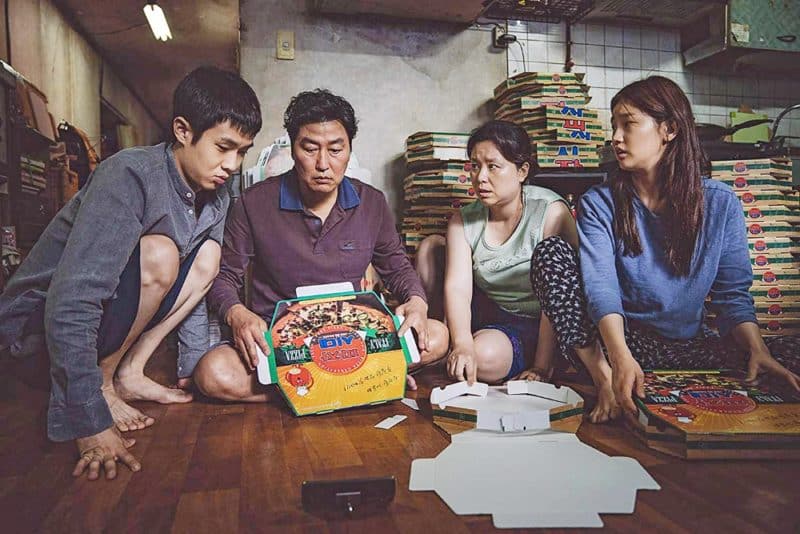Korea is not well known as a source of movies for New Zealand audiences, but that is changing. A growing market exists among Korean speakers — as it has for Chinese, Filipino and Indian movies — and distributors are meeting that need.
But for non-Korean audiences, many of these fall short on originality and presentation. They also tend to have a limited range of themes, such as Korea’s period under Japanese occupation.
However, some Korean directors have attracted the attention of Hollywood
producers and international arthouse audiences.
Among these are Bong Joon-ho, Park Chang-wook, Im Sang-soo, Yeon Sang-ho and Lee Chang-dong. They may not be familiar names, but a tally of their recent efforts shows a substantial contribution to world cinema.
Examples available here include Bong’s Okja (2017) , Snowpiercer (2013) and The Host (2006); Park’s The Little Drummer Girl (TV mini-series, 2018), The Handmaiden (2016) and Stoker (2013); Yeon’s Train to Busan (2016); Im’s remake of The Housemaid (2010); and, last, but not least, Lee’s Burning (2018), which is reviewed in Clips.
Many of these have elements of horror and fantasy, but increasingly they have become less gimmicky and more focused on character, as well as contemporary social issues.
Final recognition came this year when Bong’s Parasite (Madman) won the Palme d’Or at the Cannes film festival. It has been rushed into release ahead of the New Zealand International Film Festival, which features many of the top Cannes entries.
The densely plotted story is reminiscent of German director Michael Haneke’s thrillers (Hidden/Caché, The White Ribbon and Funny Games) with their rising degree of foreboding as seemingly ordinary actions turn into horrific events.
The Song family of four live in the shabby basement of an inner-city building, making a living as best they can without regular jobs.
This changes when their nerdy son becomes an English-language tutor to the daughter of the Park family, whose circumstances are at the other end of the wealth spectrum. They live in an architecturally designed home of world standards.
Other members of the resourceful Song clan ingratiate themselves into this rich household by stages, displacing existing staff, while the wealthy Parks remain none the wiser that all four are related.
The father Song becomes a chauffeur and confidante to the businessman, the mother does the housekeeping and the daughter teaches art to the couple’s young son. This is achieved with much good-hearted humour, lulling the audience into a relaxed mood before director Bong suddenly switches the mood.
The sacked housekeeper is suspicious and returns while the Parks are away on a camping holiday. Meanwhile, the Songs have snuggled into their salubrious new surroundings.
What follows is a downward spiral of shocks that culminates in a climax rarely matched in any movie. Along the way, Bong contrasts the lives of the rich and poor in modern Korea, largely avoiding the stereotypes that are common in Asian cinema.
The characters all have their good points, including the socialite mother and the workaholic executive father, while not overlooking their lesser qualities. This movie well deserves its gong from Cannes.
Rating: Restricted to audiences over 13.

Reader Interactions